Discover a wealth of information on maintaining optimal horse health in the dynamic environment of Colorado through our insightful blog articles. From addressing altitude-related concerns to offering seasonal health tips, our content is a comprehensive guide for horse owners looking to ensure the well-being of their equine companions amidst the diverse landscapes of the Centennial State.
-

VSV (Vesicular Stomatitis) Confirmed in Colorado
Read more: VSV (Vesicular Stomatitis) Confirmed in ColoradoColorado has become the third state in the country to have a confirmed case of vesicular stomatitis (VSV). Follow the Colorado State Department of Agriculture for updates. We will also […]
-

Homemade Fly Spray
Read more: Homemade Fly SprayAre you looking for a good DIY flyspray that you can make at home? One that actually works? Look no further. This is made with mostly natural ingredients and is […]
-
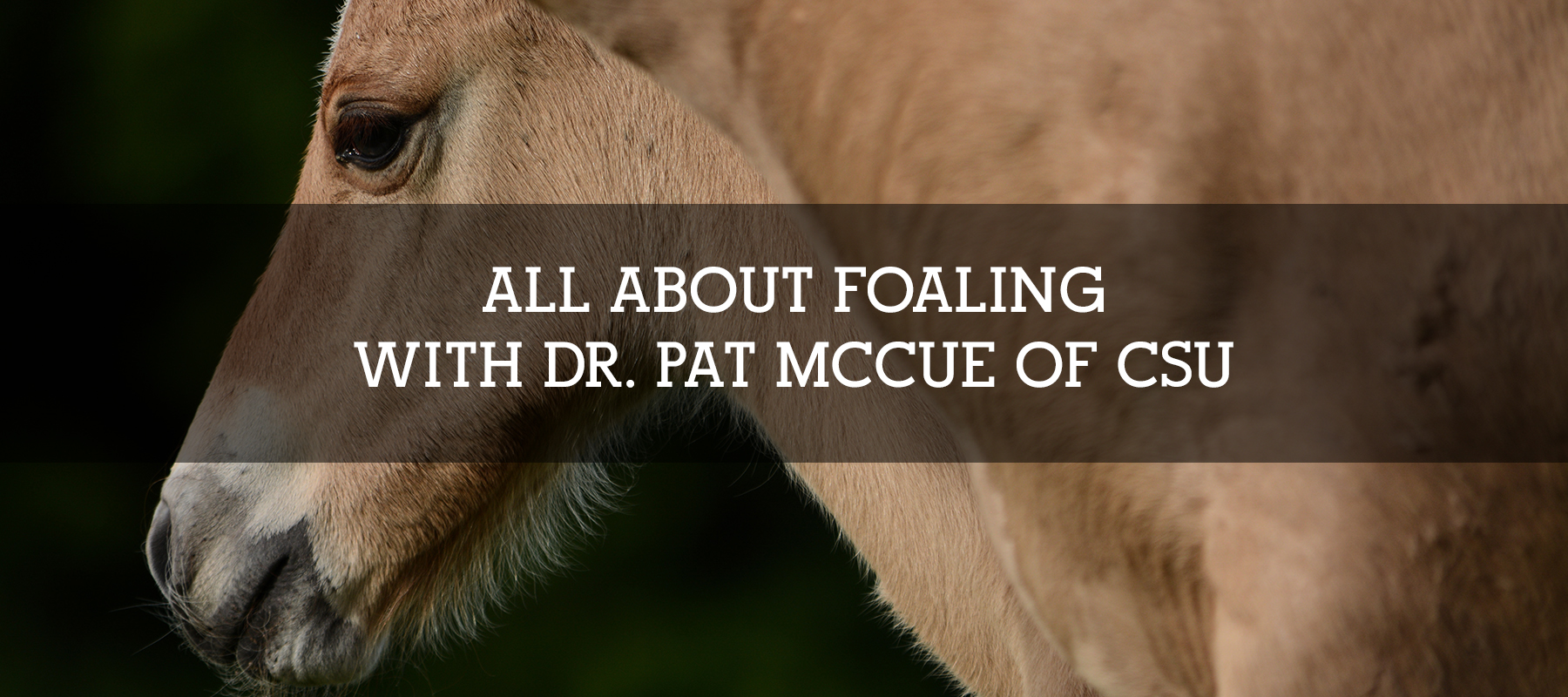
All About Foaling with Dr. Pat McCue of CSU
Read more: All About Foaling with Dr. Pat McCue of CSUWe are lucky to have Colorado State University here, they offer an exceptional team of equine vets to the community. Dr. Pat McCue has done a series on the Colorado […]
-
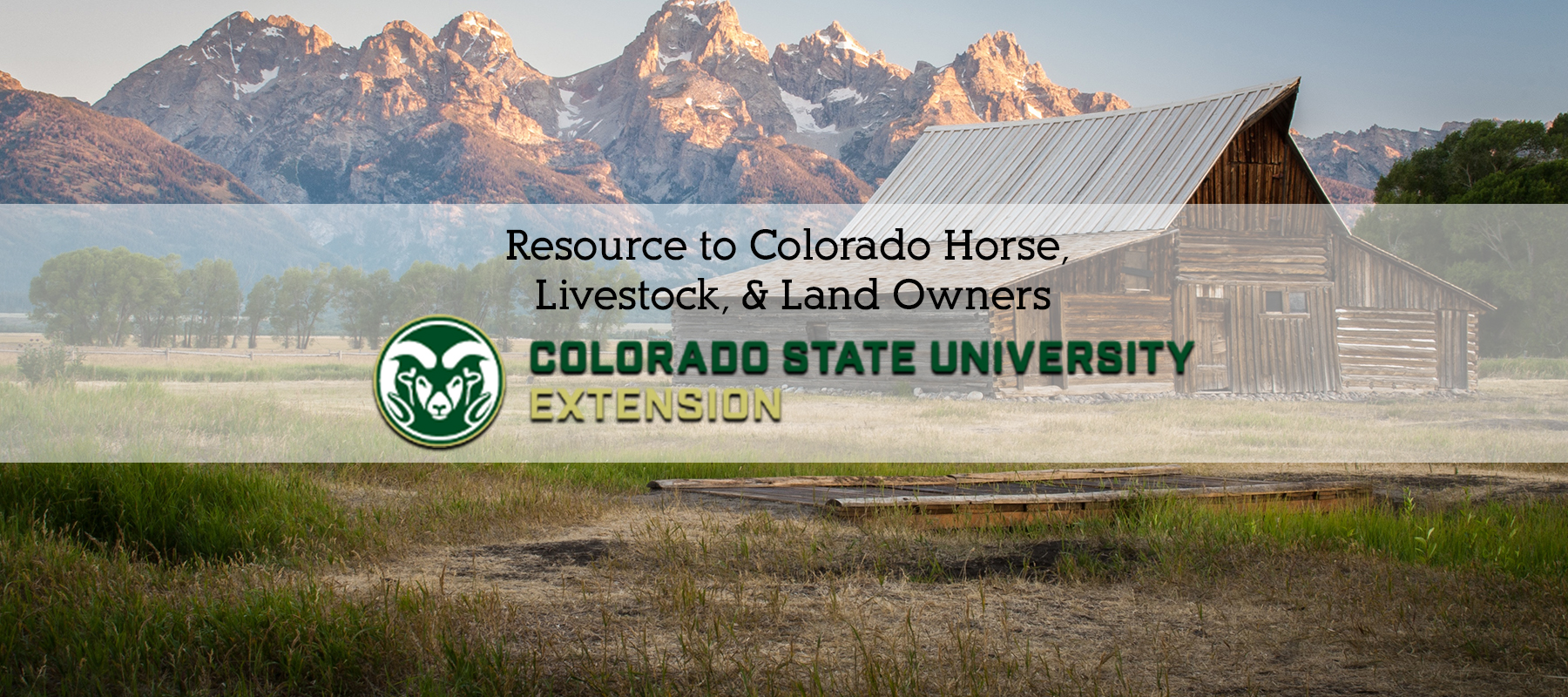
CSU Extention – Tool for Colorado Horse Owners
Read more: CSU Extention – Tool for Colorado Horse OwnersIf you are a horse (or livestock, or land) owner in Colorado, you want to know about the CSU Extension! The Extension is dedicated to serving current and future needs […]
-
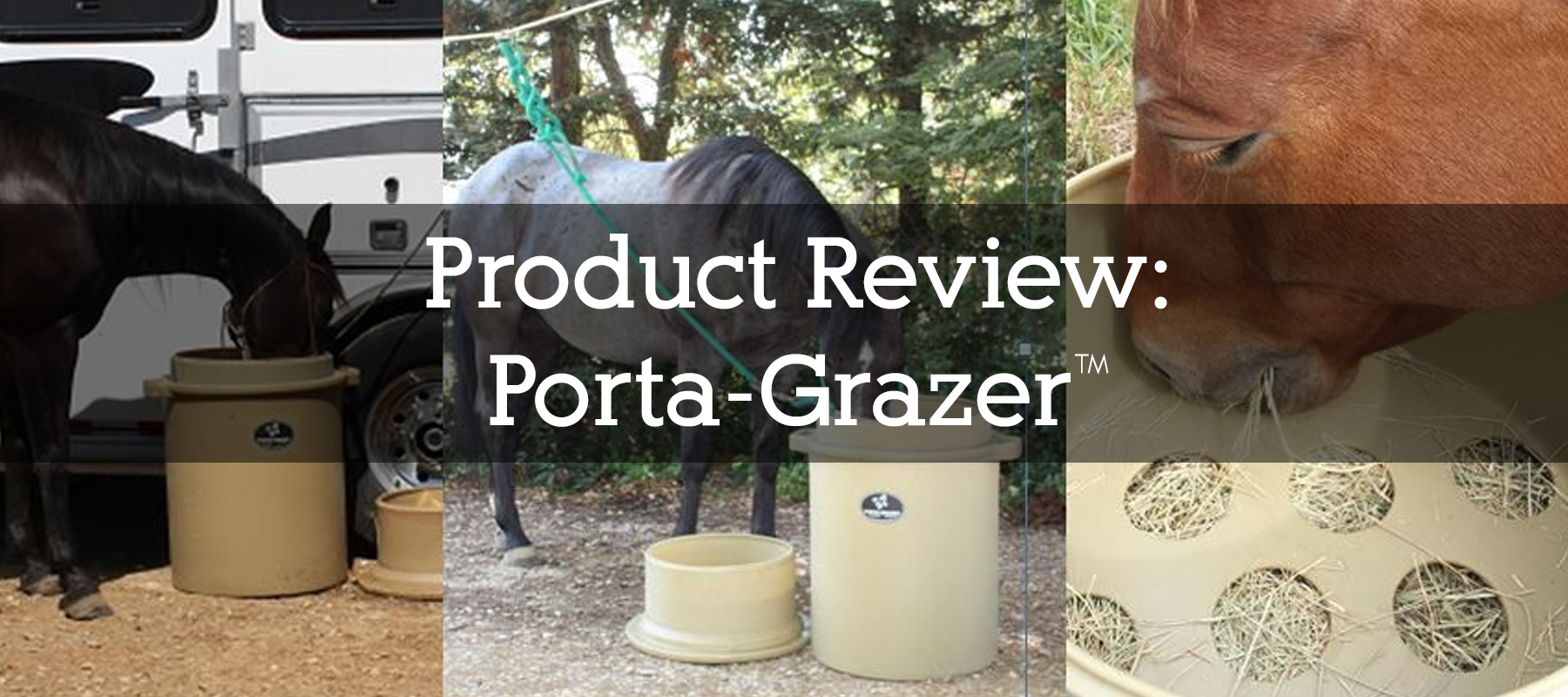 Colorado Horse News, Facility Management, Horse Care, Horse Health, Horse Ownership in Colorado, Product Reviews
Colorado Horse News, Facility Management, Horse Care, Horse Health, Horse Ownership in Colorado, Product ReviewsProduct Review: Porta-Grazer™
Read more: Product Review: Porta-Grazer™We wanted to share a product that we have been using for a while now, and absolutely love. It’s the Porta-Grazer™ , which is a way to feed your horse’s […]
-

Tips and Tricks when Switching your Horse’s Hay.
Read more: Tips and Tricks when Switching your Horse’s Hay.There are a variety of reasons, as horse owners, our hay supply changes. New hay provider, new cutting, new boarding facility, etc.
-

Vaccine Rules for this Competition Year
Read more: Vaccine Rules for this Competition YearIf you compete, and any of those competitions are USEF licensed, then you need to stay up to date on the vaccine/vaccination rules. Also, be sure to find out the […]
-
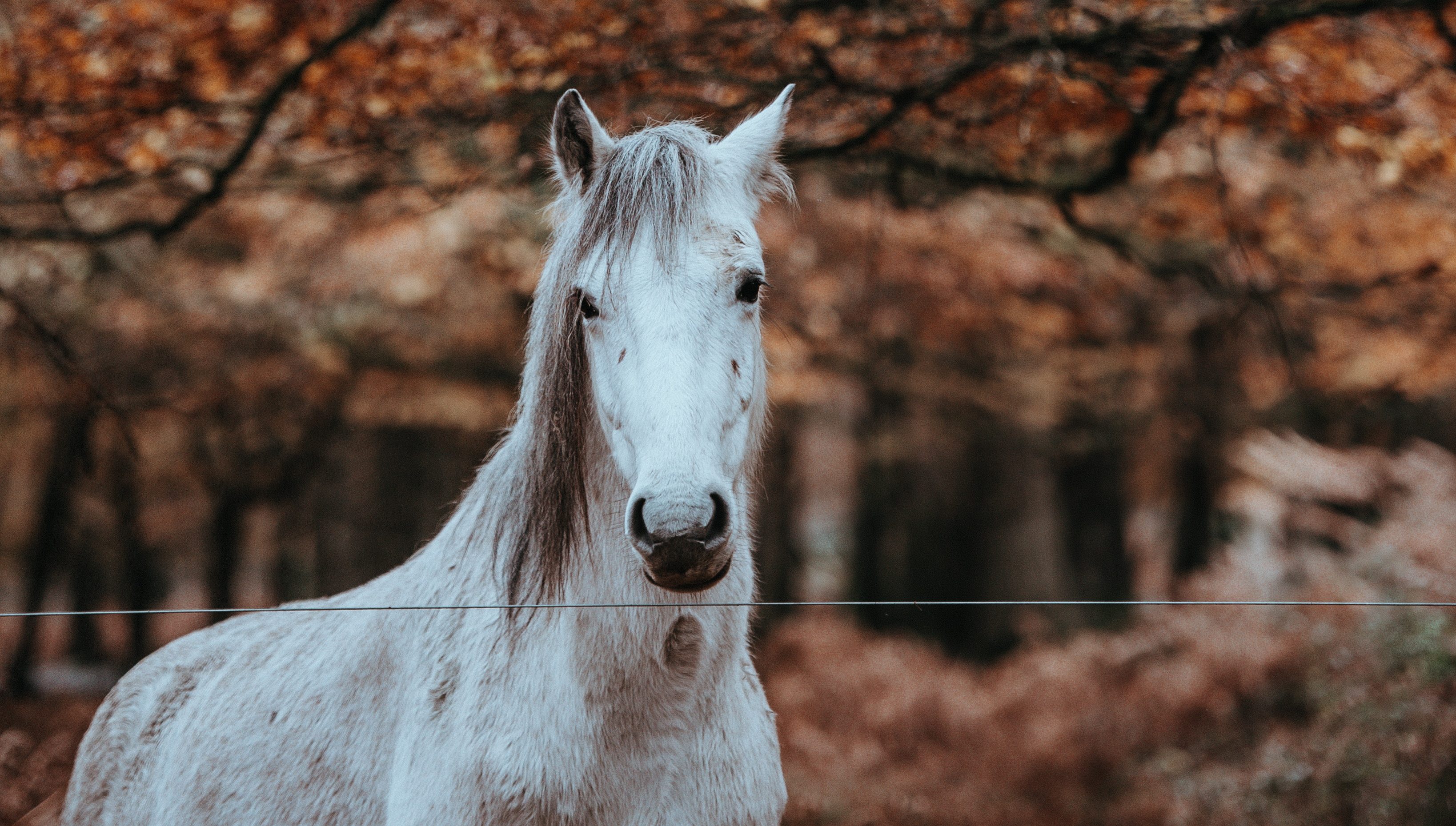
To halter or not to halter in turnout, that is the question.
Read more: To halter or not to halter in turnout, that is the question.The age old question, should I leave a halter on my horse during turnout? Everyone has their own opinion (as with everything horse 😂), but here are our thoughts and reasoning behind the […]
-
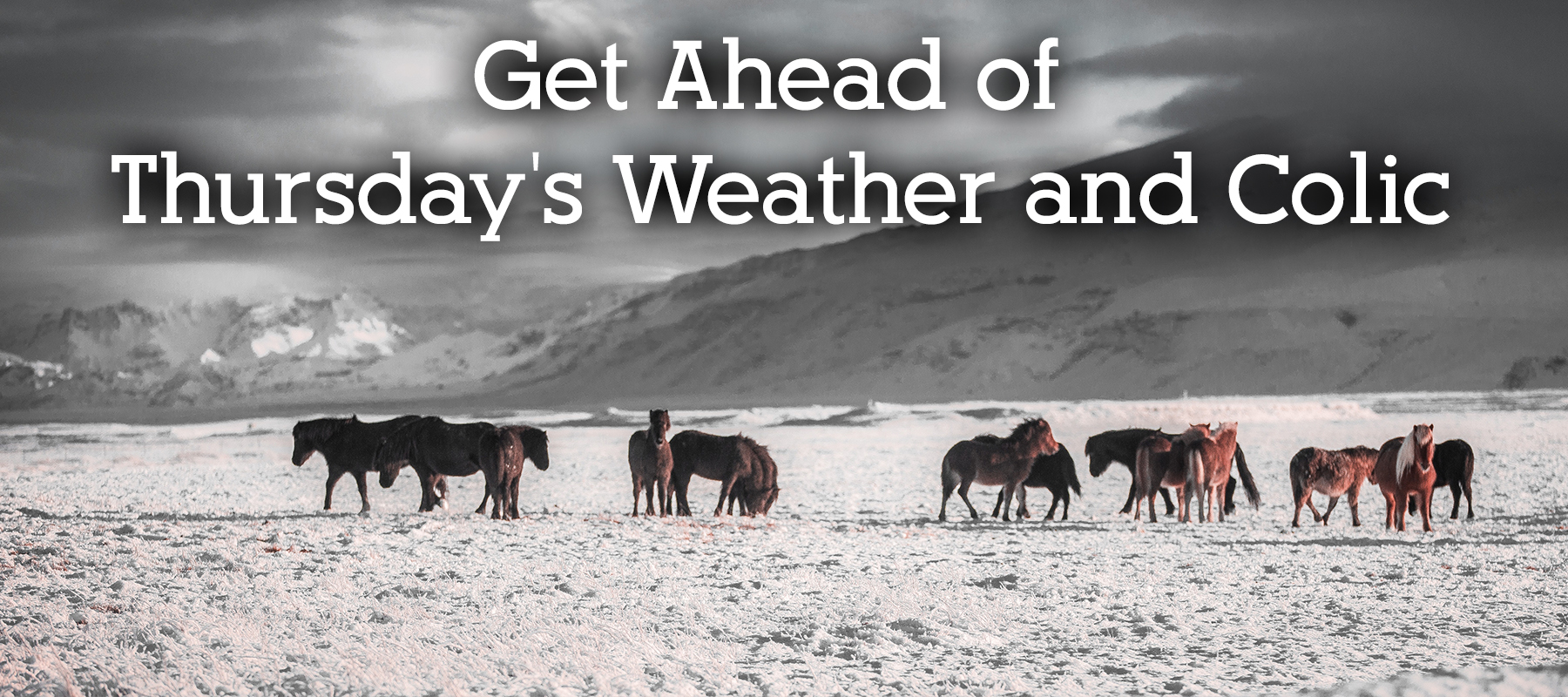
Get Ahead of Thursday’s Weather and Colic
Read more: Get Ahead of Thursday’s Weather and ColicWe are going to go from a high of 60° on Wednesday to 22° on Thursday (in the Parker area) with a snowstorm moving in overnight (80% chance of snow). […]
-

The Eclipse and my Equine: Will They Be OK?
Read more: The Eclipse and my Equine: Will They Be OK?A total solar eclipse will be visible across the U.S. on August 21, the first time on the U.S. mainland since 1979. Depending on where you live in the United […]
Search
Latest news
- Call To Action – 2024 Legislation Affecting Colorado Horse Industry
- Your Memorial Balloons are Killing my Animals
- Sneak Peak: Super Bowl LVIII The Clydesdales Are Back
Categories
- Colorado Horse Events (5)
- Colorado Horse News (72)
- Equestrian Grammar (3)
- Facebook Group Articles (2)
- Facility Management (37)
- Giveaways (1)
- Horse Breeding (2)
- Horse Care (61)
- Horse Feed & Nutrition (6)
- Horse Health (66)
- Horse Ownership in Colorado (192)
- Horse Tack (9)
- Horse Training & Showing (35)
- Local Highlight (2)
- Product Reviews (8)
- Tack Collections (12)
- Travel (6)




